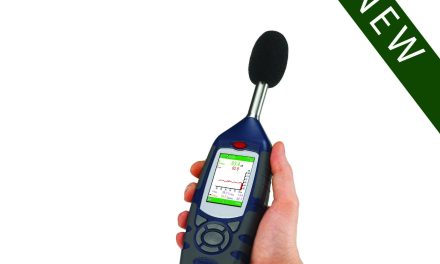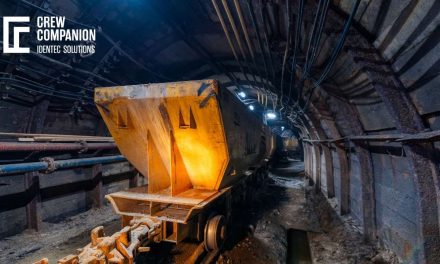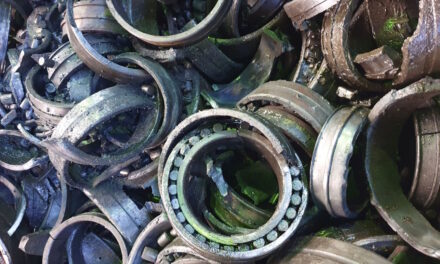 Hoppecke Industrial Batteries has warned that companies that operate forklift trucks could be in for a rude awakening if they don’t update the way they dispose of their spent batteries.
Hoppecke Industrial Batteries has warned that companies that operate forklift trucks could be in for a rude awakening if they don’t update the way they dispose of their spent batteries.
The rules covering battery disposal have been toughened, with new regulations from the Department for Environment, Food and Rural Affairs (Defra) stating that exhausted industrial batteries must now be recycled and not sold to unregistered scrap dealers. In other words, companies now need to take responsibility for what happens to the forklift truck batteries that they no longer want.
If they continue to hand them to a scrap dealer, the dealer must have a valid licence. If not, the transaction will be considered to be illegal and both parties could find themselves in trouble, with the dealer having his licence torn up and being banned from dealing in scrap.
Hoppecke Industrial Batteries has a licence for reselling exhausted batteries and putting them back into the system. This means the company can guarantee to all its customers that it will take back any used batteries, whatever their age, the technology or the manufacturer.
David Millett, UK sales and operations director of Hoppecke, said, “These latest changes mean that in the future it will no longer be enough for companies with a fleet of fork lift trucks to hand their spent batteries to a ‘guy’ who has a garage down the road. Now they need to take real responsibility for what happens to their batteries.
“Whether or not this involves making use of such options as Hoppecke’s recycling service, the important message truck users need to understand is this – make sure you follow the correct path to disposing of your scrap or prepare for the consequences.”
He concluded, “There is now no excuse for disposing of used batteries the old fashioned way – the emphasis is now and must always be the environment and what footprint we all leave on the planet. Companies with fork lift trucks can now make a huge difference to the impact their machines have on the environment – the government, the law and the industry are watching.”



